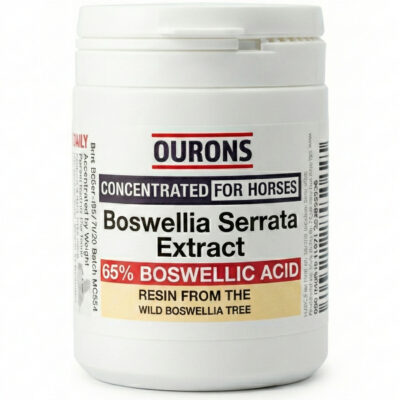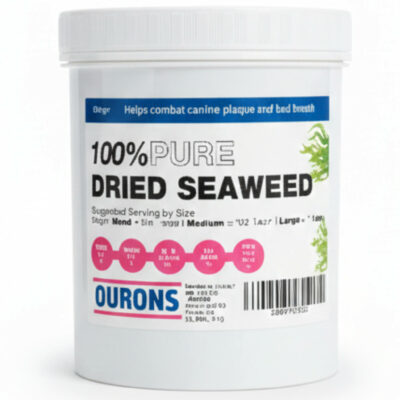For dogs, cats, ducklings etc
100% Non-Active Brewers Yeast
Used to great acclaim for benefits aiding in healthy skin and coat
high in protein and having a good profile of biotin, zinc, and other B vitamins.
For Ducklings :
Brewer’s yeast can be a beneficial addition to the diet of ducklings. Here are some of the potential benefits:
Improved digestion: Brewer’s yeast contains enzymes that can aid in the digestion of food. This can help ducklings better absorb nutrients from their feed and reduce the likelihood of digestive issues.
Enhanced immune system: Brewer’s yeast is rich in B vitamins and minerals such as selenium and zinc, which can help support a healthy immune system in ducklings. A strong immune system can help protect them from illnesses and infections.
Better feather development: Brewer’s yeast is a good source of protein and amino acids, which are important for the growth and development of feathers in ducklings. This can help them develop strong, healthy feathers that are more resistant to damage.
Stress reduction: Brewer’s yeast contains a compound called beta-glucans, which has been shown to have a calming effect on animals. Adding brewer’s yeast to the diet of ducklings may help them cope better with stressful situations, such as transportation or handling.
Improved weight gain: The protein and amino acids in brewer’s yeast can also help promote healthy weight gain in ducklings. This is important for their overall growth and development.
It’s important to note that while brewer’s yeast can be a beneficial supplement for ducklings, it should not be the sole source of their nutrition. Ducklings require a balanced diet that includes appropriate levels of protein, vitamins, and minerals. Always consult with a veterinarian or poultry nutritionist before making any changes to your ducklings’ diet.
The amount of brewer’s yeast to feed to ducks can vary depending on the age and size of the ducks and their overall diet. As a general guideline, you can add about 1-2 tablespoons of brewer’s yeast per pound of feed. However, it’s important to note that brewer’s yeast should not make up more than 5-10% of a duck’s diet, as it is a supplement rather than a complete food.
Ducks feeding suggestions:
If you are not sure how much brewer’s yeast to feed your ducks, it’s a good idea to consult with a veterinarian or poultry nutritionist. They can provide guidance on the appropriate amount of brewer’s yeast to include in your ducks’ diet based on their individual needs. It’s also important to monitor your ducks’ health and behavior after introducing brewer’s yeast to their diet, as some ducks may have sensitivities or allergies to certain ingredients.
For Dogs :
Brewer’s yeast is a beneficial supplement that can be added to a dog’s diet. Here are some of the potential benefits:
- Improved skin and coat health: Brewer’s yeast is rich in B vitamins, including biotin, which can help promote healthy skin and coat in dogs. This can lead to reduced itching, scratching, and dander, as well as a shinier and softer coat.
- Boosted immune system: Brewer’s yeast contains beta-glucans, which are complex sugars that can help boost the immune system by increasing the production of white blood cells. This can help dogs fight off infections and illnesses.
- Reduced stress and anxiety: Brewer’s yeast contains tryptophan, an amino acid that can help increase the production of serotonin, a neurotransmitter that promotes feelings of calmness and relaxation. Adding brewer’s yeast to a dog’s diet may help reduce stress and anxiety.
- Improved digestion: Brewer’s yeast contains enzymes that can aid in the digestion of food. This can help dogs better absorb nutrients from their food and reduce the likelihood of digestive issues such as bloating, gas, and diarrhea.
- Natural source of nutrients: Brewer’s yeast is a natural source of protein, B vitamins, and minerals such as chromium, selenium, and zinc. These nutrients are important for the overall health and wellbeing of dogs.
It’s important to note that while brewer’s yeast can be a beneficial supplement for dogs, it should not be the sole source of their nutrition. Dogs require a balanced diet that includes appropriate levels of protein, fat, vitamins, and minerals. Always consult with a veterinarian or animal nutritionist before making any changes to your dog’s diet.
Feeding Suggestion for Dogs
The amount of brewer’s yeast to feed to dogs can vary depending on the dog’s size, age, and overall diet. As a general guideline, you can add about 1/2 to 1 teaspoon of brewer’s yeast per 10 pounds of body weight, up to a maximum of 2 tablespoons per day for larger dogs. However, it’s important to note that brewer’s yeast should not make up more than 5-10% of a dog’s diet, as it is a supplement rather than a complete food.
If you are not sure how much brewer’s yeast to feed your dog, it’s a good idea to consult with a veterinarian or animal nutritionist. They can provide guidance on the appropriate amount of brewer’s yeast to include in your dog’s diet based on their individual needs. It’s also important to monitor your dog’s health and behavior after introducing brewer’s yeast to their diet, as some dogs may have sensitivities or allergies to certain ingredients. Additionally, too much brewer’s yeast can cause digestive upset, so it’s important to introduce it slowly and in small amounts at first.
| Weight | 599 g |
|---|---|
| Dimensions | 13 × 9 × 9 cm |





What others are saying
There are no contributions yet.